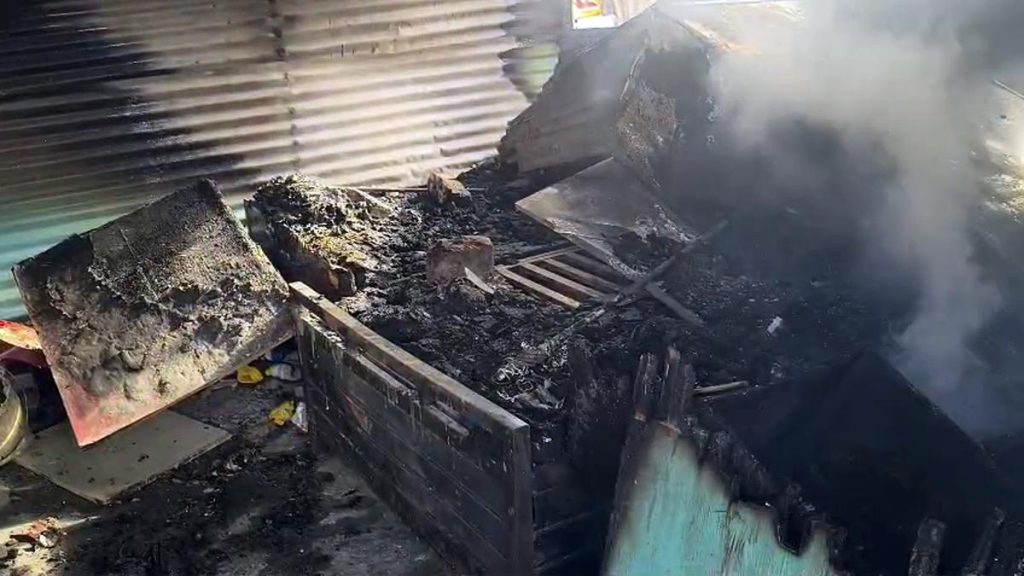Now Reading: Sri Lankan Tamils in Namakkal Camp Asked to Renew Visas or Exit
-
01
Sri Lankan Tamils in Namakkal Camp Asked to Renew Visas or Exit
Sri Lankan Tamils in Namakkal Camp Asked to Renew Visas or Exit

Quick Summary
- Over 60 individuals staying at a rehabilitation camp for Sri Lankan Tamils in Namakkal district, Tamil Nadu, have been issued notices by police to leave the country within 10 days due to expired visas.
- These individuals originally came to India many years ago on tourist visas and settled in the camp with relatives already living there.
- One of the residents, C. Vinothan, stated he had left the camp with an exit permit in 2010 but returned five years later after assessing post-civil war living conditions in Sri Lanka. He chose to return as his family was living at the camp.
- Officials highlighted that refugees who leave camps after obtaining exit permits cannot subsequently re-enter as refugees.
- The notices where issued following directives from India’s Union Ministry of Home Affairs concerning illegal overstayers after a broader identification process prompted by security concerns following events like the Pahalgam terror attack.
- Authorities have recommended applying for long-term visas as a lawful way for these individuals to continue their stay.
Indian Opinion Analysis
The situation underscores challenges stemming from prolonged refugee crises and administrative enforcement related to visa regulations. While humanitarian concerns are notable-such as families being torn apart-legal frameworks are critical for maintaining order and addressing overstaying violations. India’s effort aligns with broader national security objectives, emphasizing lawful residency requirements amidst rising scrutiny of foreigners staying illegally.Resolving this issue requires balancing compassion while adhering strictly to legal protocols. Encouraging applications for long-term visas could potentially offer a pathway for these residents while safeguarding administrative integrity. Furthermore, instances like this reflect broader complexities of refugee management where returning home is often impractical due to familial or socio-economic ties formed over decades.
Read more: Link
























